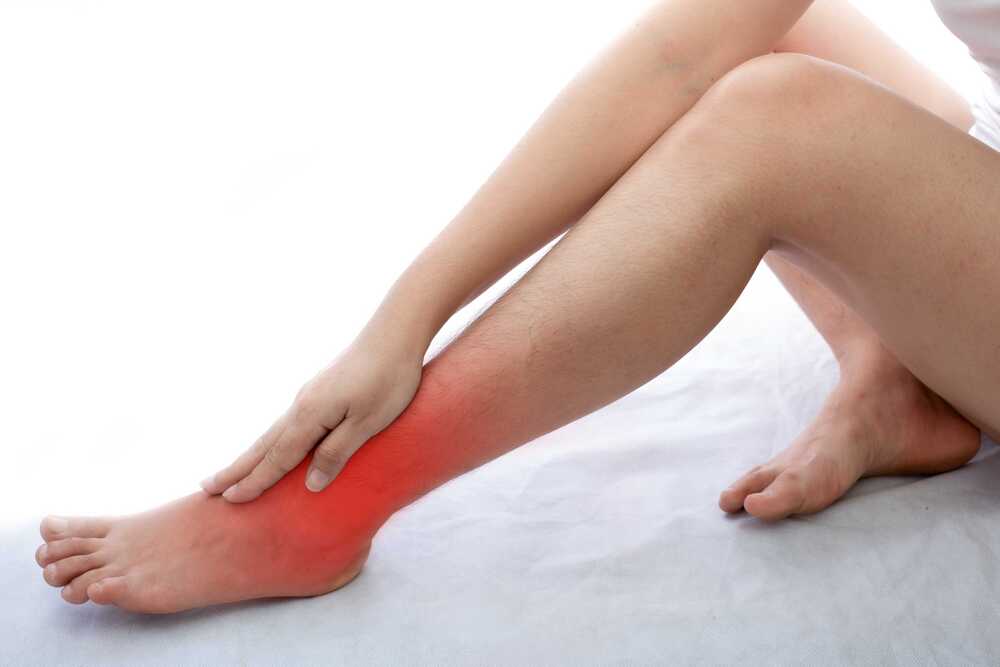When your daily routine is altered due to a foot or ankle injury, re-injury, surgery, accident or chronic condition, an OSI physical therapist can help get you back to your best self! There are several injuries commonly associated with the foot and ankle. Below is a list of some common injuries that we’ll see:

On any given day, more than 25,000 people will sprain their ankle. It can happen when you land the wrong way while you’re participating in physical activities, playing sports, or even while stepping on uneven surfaces while walking. It can happen to athletes, non-athletes, children and adults.
Sprains are injuries to ligaments, the “bands” that hold joints together. Ankle sprains occur when the foot twists or turns beyond its normal range of movement, causing the ligaments to stretch beyond their normal length. If the force is too strong, the ligaments may tear.
An ankle sprain can range from mild to severe, depending on how badly the ligament is damaged or how many ligaments are injured. Ankle sprains also are classified as acute, chronic, or recurrent:
For the first 24 to 48 hours after injury, ankle sprains usually are treated by resting the ankle on a pillow or stool, using elastic bandages or supports, and 10-minute ice treatments. A physical therapist can decide if you should use crutches or a cane to protect your ankle while it is healing.
The therapist can design a specific treatment program for you to follow at home to help speed your recovery. Some sprains may require physical therapy treatments to help relieve swelling and pain, such skilled hand movements called manual therapy, special exercises, ice or heat treatments, and electrical stimulation. More severe sprains may require a special brace to provide extra support to your ankle.
Your physical therapist’s overall goal is to return you to the roles you perform in the home, at work, and in the community. Without proper rehabilitation, serious problems—such as decreased movement, chronic pain, swelling, and joint instability—could arise, severely limiting your ability to do your usual activities.
FREE PHONE CONSULTATION: (651) 275-4706